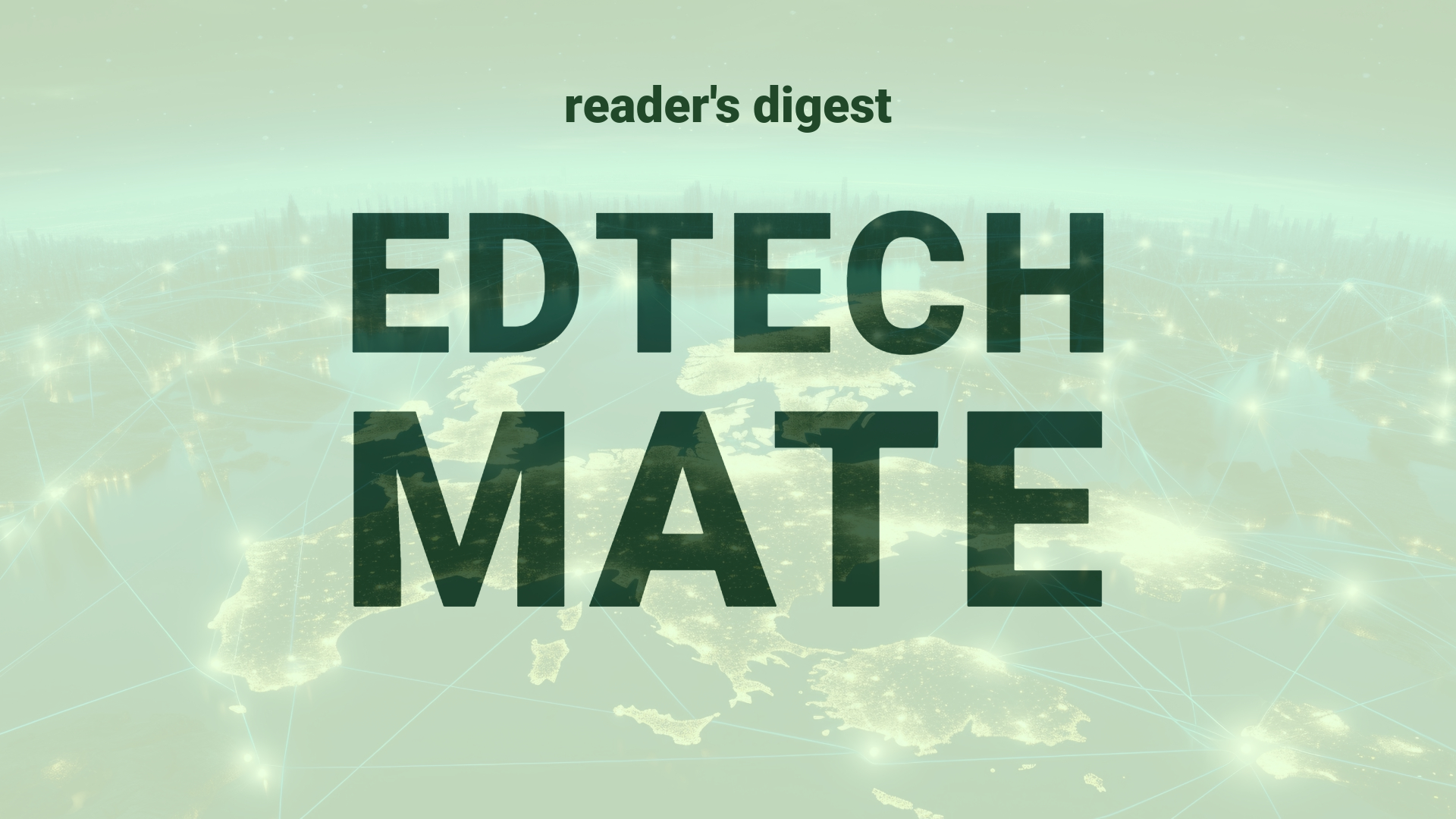Executive Summary and Main Points
The medical sector is on the cusp of a significant shift, thanks to recent advances in bio digital twin technology. Essential components of this innovative approach include:
- Software replication of the human physiology for safer and more accurate drug and therapy testing.
- Comprehensive analysis of biological, genomic, and health data, pushing the envelope of digital healthcare transformation.
- Application of AI and analytics to enhance long-term health performance predictions, facilitating tailored precision medicine.
- NN T’s MEI Lab’s groundbreaking focus on precision cardiology, utilizing Cardiovascular Bio Digital Twin (CV BioDT) for personalized treatment plans.
- Data integration to inform treatment responses, promote early disease detection, and support preventive healthcare.
Potential Impact in the Education Sector
In the context of Further Education and Higher Education, bio digital twin technology establishes new horizons for:
- Educational programs on digital health innovation, steering curricula towards precision medicine and personalized care.
- Interdisciplinary partnerships between medical and tech programs, fostering an ecosystem of innovation.
- Micro-credentials that provide specialized expertise in areas like bioinformatics and AI-driven healthcare.
Digitalization, through strategic partnerships, can also bring together engineers, data scientists, and clinicians to create robust, diverse, and responsive education systems.
Potential Applicability in the Education Sector
- Integrating AI and machine learning coursework to prepare students for data-driven healthcare roles.
- Leveraging bio digital twin simulations for practical clinical training, reducing the gap between theory and practice.
- Creating virtual labs and internships to provide students with exposure to innovative healthcare technologies.
- Developing international case studies to compare the implementation of bio digital twin technologies in varying healthcare systems.
Criticism and Potential Shortfalls
Despite the promise of bio digital twin technology, there are critical considerations that include:
- Data privacy concerns and the ethical use of genomic and health records.
- Cultural acceptance and the potential resistance to AI in healthcare decision-making.
- Limited availability of quality data sets in some regions, affecting model accuracy.
- The need for robust, universally accessible infrastructure to support widespread implementation.
Real-world examples show discrepancies in the adoption of such technologies across different countries, influenced by regulation, education, and economic status.
Actionable Recommendations
- Curriculum development should include ethical considerations and data governance in bio digital twin technology education.
- Formation of international consortia to share knowledge and resources, ensuring inclusive progress and implementation.
- Investment in secure data infrastructure and international standards to facilitate safe, ethical, and equitable use of bio digital twin tech.
- Encouragement of cross-sector collaboration to continuously evaluate and refine education programs, aligning them with evolving healthcare technologies.
Leaders in international higher education must ensure that futuristic healthcare technology education is integrated, diverse, accessible, and ethically responsible.
Source article: https://www.cio.com/article/1310439/bio-digital-twins-and-the-future-of-health-innovation.html

